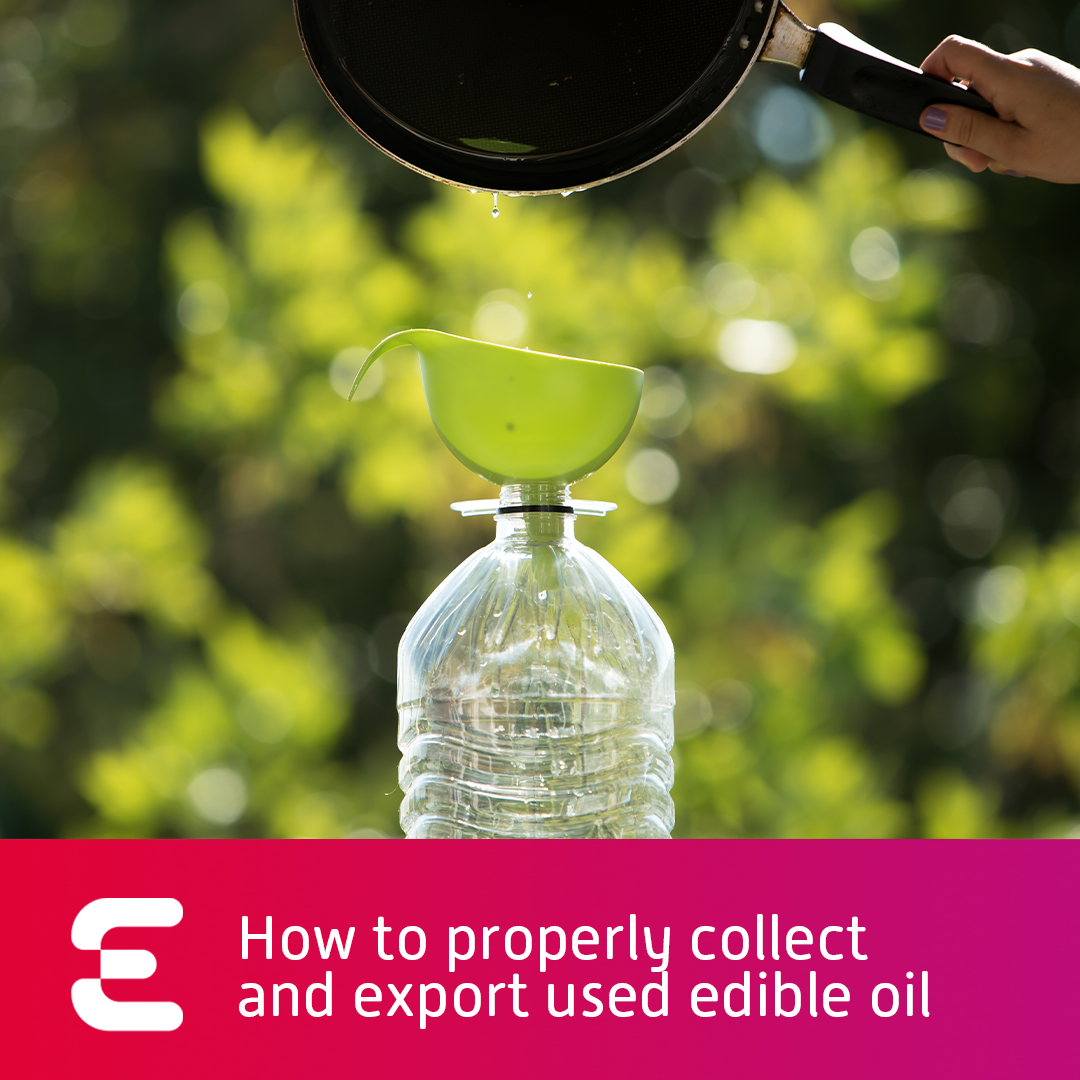How to properly collect and export used edible oil
Law no. 79/2015 Coll. on waste on the amendment of certain laws in § 81 par. 7 b) imposes an obligation on all towns and municipalities to ensure separate collection of biodegradable municipal waste.
The municipality is thus obliged to sort edible oils and fats.
There are quite a few ways to deal with the issue. Quite a number of companies started operating in Slovakia in the field of waste management.
First steps in the field of biowaste management
Surely you have noticed that special containers for biowaste have started to grow in your area as well. Cities and municipalities got it ordered from the government, while somehow forgetting about special containers for used oils and fats. Biowaste is not like biowaste. We are of the opinion that used edible oils belong to separate collection containers.
Used cooking oil must be brought to selected places throughout Slovakia, which you may not even know about. In addition to their visibility, it is also important that the system is automated and that the collection of cooking oil is differentiated.
Such oil can be further processed and recovered. It is used as a biofuel component in diesel fuel. If the cooking oil ends up in the sink after use, it will clog the sewer and attract rodents with its smell. However, if it’s separated, it can still serve.
Current situation in Slovakia
Used oils and fats from kitchens are so often (unlawfully) poured into the sewer. Only 1 liter of used cooking oil can pollute up to several tens of thousands of liters of water.
Although the 2016 Act imposes an obligation on all cities and municipalities to ensure separate collection of municipal and biological waste, nowhere is it mentioned how to dispose of used edible oil and fats. This can only be changed by the Decree, which would specify the collection of edible oils in towns and villages.
The future of the separation of edible oils in Slovakia
The ideal situation can therefore only be reached once the legal aspect of the problem has been resolved after more collection containers are available, and when edible oils and fats can no longer be collected together with other biodegradable waste in one place.
Used oil should be collected in dry and clean PET bottles or original packaging and without food residues. Such PET bottles should be stored in special collection bins designed for this purpose. This would be the last step in distinguishing biowaste from oil components, which has not yet been taken into account.
Therefore, make sure that there is already a collection container for direct pouring of the collected oil or a special container for PET bottles in your vicinity.
With a big impact on finances as well
Separation, or rather non-separation of household waste, also has a major impact not only on the environment but also on finances. Properly set conditions for waste collection and separation could save money not only to households, but also to local governments and, ultimately, the state.
The funds saved in this way could then be used in another way.
ESONA’s waste management system gives cities and municipalities full control over the collection of municipal and bio-waste (including used edible oils and fats). By using this system, the citizen who feels it in his wallet gains, but also nature, which suddenly turns into a better place to live.

